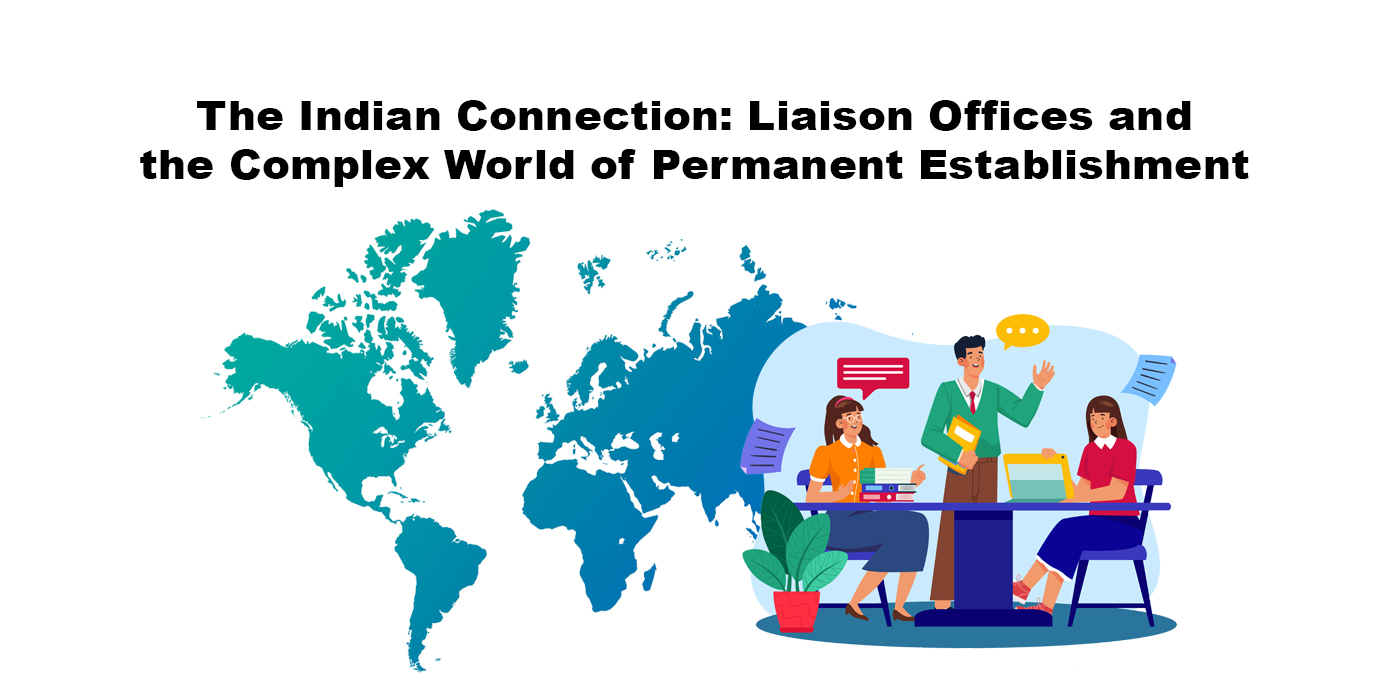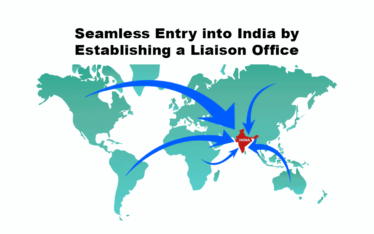The establishment of Liaison Offices in India, along with nuanced considerations regarding Permanent Establishment, represents a comprehensive exploration of an integral aspect of international business.
Liaison Offices in India: Building Bridges Across Borders
In the dynamic and diverse landscape of the Indian market, Liaison Offices serve as invaluable instruments for foreign companies seeking to establish a foothold. These offices act as communication hubs, strategically positioned to foster connections between the parent company and its Indian counterparts. While their primary objective is to facilitate business interests, understanding the limitations within which they operate is paramount.
Key Characteristics of Liaison Offices:
Facilitating Business: Primarily focused on the promotion and facilitation of the parent company’s business interests.
Non-Commercial Activities: Limited to non-commercial and non-revenue-generating activities, such as market research, liaison activities, and promoting collaborations.
Communication Hub: Acts as a channel for communication and coordination, streamlining operations and facilitating seamless interactions.
The Thin Line: Delving into Permanent Establishment Considerations
The distinction between a Liaison Office and a Permanent Establishment (PE) is nuanced, and compliance becomes a critical consideration. Tax authorities may scrutinize the arrangement under specific circumstances, potentially leading to PE classification.
Scenarios Triggering PE Consideration:
Commercial Activities: Undertaking commercial activities beyond permissible limits, such as negotiating and concluding contracts.
Scope Exceedance: Going beyond the specified scope of activities outlined in Indian regulations.
Fixed Place of Business: Possessing a fixed place of business in India, such as a permanent office or facilities.
Extended Duration: Prolonged duration of activities, potentially transforming the liaison role into a more permanent establishment.
Dependent Agent Presence: The presence of a dependent agent in India with authority to conclude contracts.
Non-Auxiliary Services: Providing services in India that are not limited to auxiliary or preparatory activities.
Navigating Compliance: The Role of Professional Guidance
To navigate the intricate web of international tax regulations and ensure seamless compliance, companies must carefully structure their operations. Seeking professional advice from experts well-versed in Indian tax laws is not just a best practice; it’s a necessity. Understanding the regulatory landscape and aligning activities within permissible boundaries is the cornerstone of a successful and compliant business presence.
Conclusion:
In the ever-evolving global business environment, staying informed about regulatory nuances in each jurisdiction is non-negotiable. While Liaison Offices in India offer tremendous opportunities, a keen understanding of potential Permanent Establishment implications is vital for a sustainable and seamless business experience.




